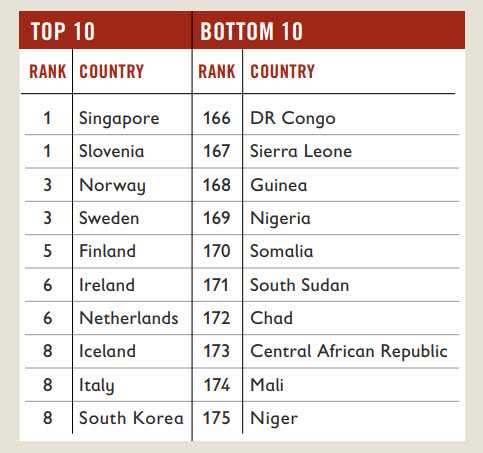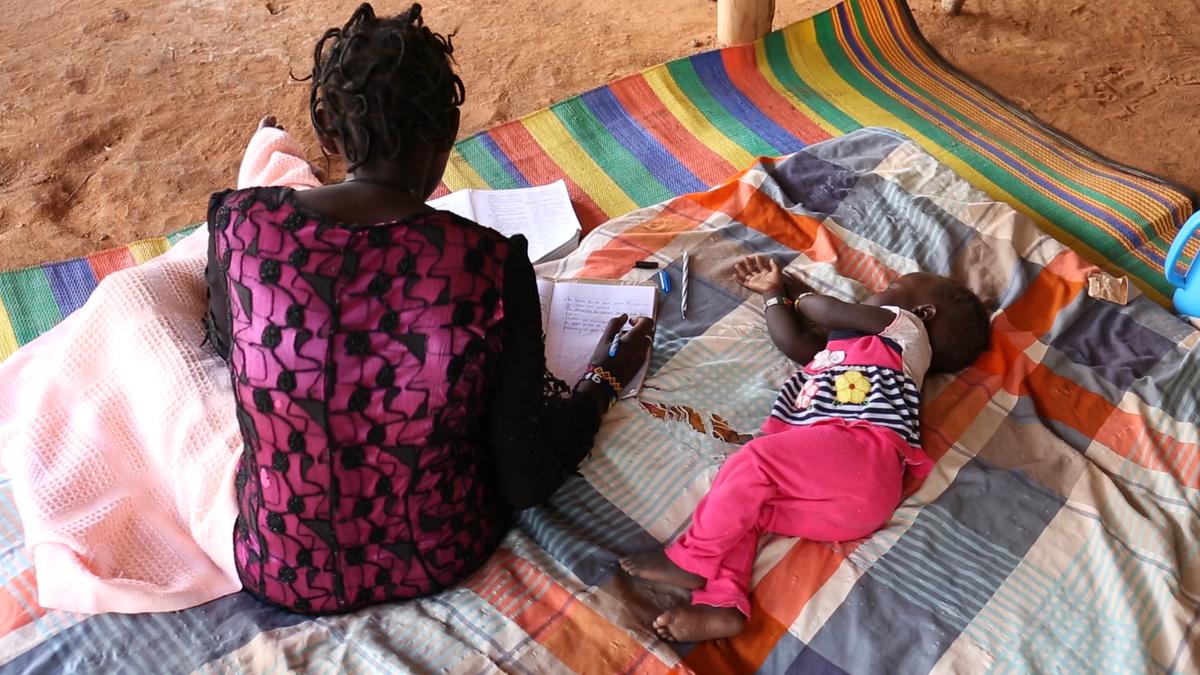Childhood is often thought of as a time of leisure, discovery and learning, but a new report from aid organisation Save the Children, has found more than half of the world’s children - that's 1.2 billion kids - experience a far different upbringing.
The End of Childhood report is a ranking of 175 countries where a safe and happy childhood is most and least threatened.
Save the Children International CEO, and former Prime Minister of Denmark, Helle Thorning-Schmidt told SBS News hundreds of millions of children are at risk of missing out on childhood because they live in countries characterised by three main threats or "childhood-enders".
“What we’re seeing, basically, is where there is poverty, where children (live) in conflict and if they are girls, they have a much higher risk of their childhood being ended prematurely,” Ms Thorning-Schmidt said.
Save the Children says youngsters growing up in Singapore and Slovenia are at the lowest risk of running into the so-called "childhood-enders", followed by Norway, Sweden and Finland, while Australia is ranked 17th. Ms Thorning-Schmidt said children from eight of the 10 countries the report deems most at risk of an early end to childhood live in West and Central Africa.
Ms Thorning-Schmidt said children from eight of the 10 countries the report deems most at risk of an early end to childhood live in West and Central Africa.

Save the Children report rank Source: Save the Children
“This is also a region where you have the highest prevalence of child marriage. If week look at it globally, a girl under 18 is married every three seconds.
“That is a big indicator that her childhood has ended,” Ms Thorning-Schmidt said.
Ostracised and pregnant
Fifteen-year-old Atem who was born in South Sudan but now lives in Dadaab, Kenya, is one example of a young girl whose childhood was stolen.
The teenager was impregnated by a neighbour and has an 11-month-old daughter. She was forced to temporarily leave school to take care of her mother and says her pregnancy saw her ostracised in the community.
“It was sad for me, seeing the other students going to school and me, I’m having a baby crying,” she said.
“It is bad because I have not experienced things that people do when they are young... I have a lot of stress having the baby.”

Atem*, 15, at home doing her school work in Dadaab, Kenya, while her 11-month-old daughter, Atol*, sleeps. Source: Antonia Roupell / Save the Children
Lost children of the Middle East
While the situation has improved in the past year in 95 of the countries ranked by the report, conditions have worsened in about 40 countries - many of which are in the Middle East.
For 14-year-old Yemeni boy Ali, not his real name, dealing with conflict and poverty is normal.
He's told Save the Children he's now his family's main source of income after his father was injured in an airstrike.
“My father was standing in front of the door during the last airstrike, which blasted the door and hit my father and made him bed-ridden,” the boy said.
“My little brother now has diabetes because of the fear of that day, he is five-years-old. But I’m no longer afraid of the airstrikes, we’re now used to living in war.”
Yemen is in the throes of a civil war, with at least 5,300 Yemenis reportedly dying in more than three years of fighting, most as a result of airstrikes by a Saudi-led coalition which has received backing from the United States.
Ali said his family often goes to bed hungry.
"Sometimes we don’t have food at home, sometimes we sleep without having dinner, sometimes we have our breakfast, and sometimes I go to work as my father can’t find work because he is sick in his heart and kidney,” Ali said.
Call to action
Save the Children is calling on governments to do better, ensuring no child is robbed of a safe or happy childhood.
Hella Thorning-Schmidt said individuals, including those in Australia, have a role to play
“Children do not necessarily have someone to speak up for them, particularly if they're refugees, they don't have a government who protects them,” Ms Thorning-Schmidt said.
“That means that us living in wealthy countries, we should not forget those children we should try and help. So I would recommend that you connect with an organisation to see what you can do as an individual.”

